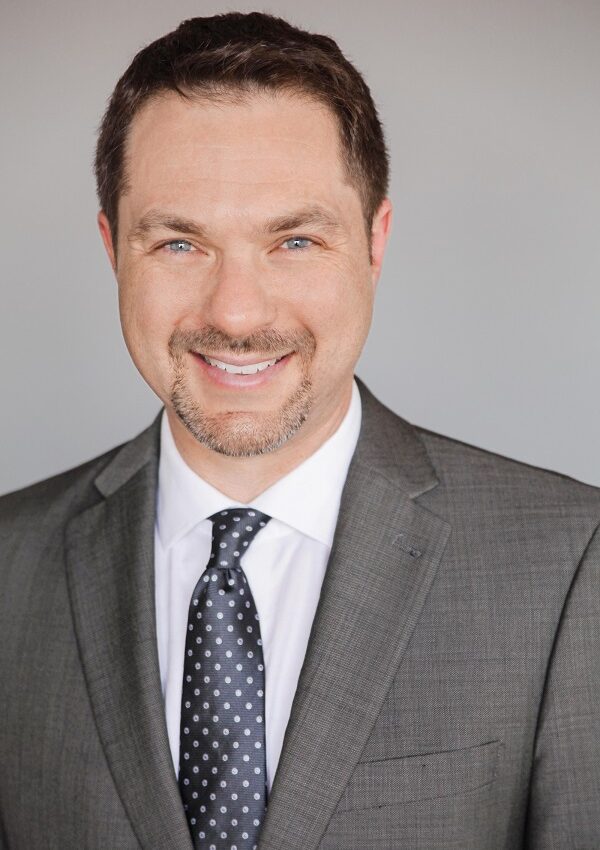I have another case, involving another gentleman named David. He was parked on his street when he was investigated by the police and then arrested for driving under the influence. In this case, he was in the car with the engine running; he actually had a six pack of beer with him in his lap.
When the police showed up, they had responded to a 911 call that said that someone was parked in the middle of the street and slumped over the wheel. There was a question as to whether the car was parked in the middle of the street or on the side of the street; when they tested my client, they found out that he was impaired for purposes of driving…a detail that we never actually contested.
His blood alcohol level was about twice the legal limit, and he did not do well on the field sobriety tests. However, in this particular case, David was not driving. He was actually parked. To prosecute for DUI, California Law requires movement of the vehicle. It requires that the car actually move while the person is impaired, and that did not happen in this case.
Proving That the Motorist Was Not Driving May Set Aside Any Actions Levied by the Department of Motor Vehicles
Without movement of the vehicle, we were able to get the DMV to set aside or take no action against the license. We were then left with negotiating the case in court with the City Attorney’s Office.
I worked on the case for about 6 or 8 months trying to negotiate a settlement. Obviously, my client did have alcohol in his system. He was behind the wheel, but he was not driving. We were trying to resolve the case for a drunk in public or disturbing the peace – a reduced charge as opposed to a DUI.
After 6 or 8 months of negotiating, we were not able to get that result. We did not want to accept any driving related plea bargain; we decided that it would be in the client’s best interest to take the case to trial. We were able to get the case dismissed through the trial process because the prosecution could not prove that he drove, or that when he had driven he was impaired.
The Police Do Have Motivation to Make DUI Arrests
This is an area where people do have to be concerned. I had another “no drive” case that we took to trial in Long Beach, and we were able to obtain acquittals, not guilty verdicts. My client was a musician who was in the car with his gear. It’s a very real possibility that the law enforcement officers will come across somebody who’s sleeping or just sitting in the car and want to arrest them.
They get credit for making arrests, and they look forward to having overtime to handle the booking process. If they have to come to court or the DMV, there’s a significant motivation for them to make a DUI arrest. Arresting someone for disturbing the peace is not as glorious as a DUI arrest in the eyes of law enforcement.
It happens all the time where somebody will either drink in the car, or have something to drink, and go back to the car and think, “Look, you know, I shouldn’t be driving. I have had something to drink so I’m just going to sleep it off.” Law enforcement officers will use that as an opportunity to do a DUI investigation. They will use whatever evidence they can to try to put you behind the wheel driving.
Thinking You Are Doing the Right Thing by Sleeping in Your Car Instead of Driving after Drinking Will Not Help You Avoid a DUI Arrest
If the engine is on and the car is parked in a location where it would have had been driven there, police will make an arrest. You would think that they would appreciate someone who was doing the right thing by pulling over and parking instead of driving, but the exact opposite is true. People get arrested and charged with a DUI, and then we end up having to go to court to fight about whether they were or were not driving and whether they were doing the right thing or not.
In the situation with my client David, we were able to determine that the car had been parked on the side of the road, not in the middle. There was probably miscommunication with the 911 caller. This evidence started to come out at trial; the officers didn’t observe the car in the middle of the road themselves; someone had reported it. When they arrived at the scene, things looked different.
Then we were able to show during the trial that this was actually David’s street. He lived on that street, and he had gotten in a fight with his girlfriend…and rather than drive somewhere, because he had been drinking, he just stayed in the car and slept it off.
Not Having Your Keys in the Ignition and Sitting in the Passenger’s Seat as Opposed to the Driver’s Seat Is Still NOT Enough to Avoid a DUI Arrest
If the police are looking to make an arrest for DUI, they will take whatever opportunity they can to do that. They will arrest someone even if they’re in the passenger seat, or even if they’re just standing by their car. If they believe that the individual drove at some point and the individual is impaired, the police can make an arrest.
As one can imagine, my client was terribly upset…not only at the time that it happened, but afterwards because he knew he had done nothing wrong. He knew that he had done the right thing by not driving the car.
If he had driven the car, then he wouldn’t have been there when the LAPD showed up. There’s a significant time lapse of about half an hour between the time of the 911 call and the time that the officers showed up. If he was, in fact, driving, he would have been long gone. He was very confused as to why he was being charged with the DUI.
In Some Cases, the District Attorney’s Office May Be Unwilling to Negotiate and Going to Trial Is the Best Option to Defend a DUI Charge
As the case went on for the 6 or 8 months, both David and myself got more and more frustrated with the system. In particular, the City Attorney’s Office was not listening and not understanding what had happened in this particular case. We attempted to negotiate time and time again, continuing to return to court to get the best possible deal before determining only a jury trial would help David get the best result.
By the time we got to trial we both were just really upset and angry that nobody was listening. But, fortunately, we had the opportunity to have 12 jurors stop and listen and make the right decision. The process that took place within that 6 to 8 months may not seem long to the court. But for my clients, that is a big portion of the year for someone who just wants to get on with his or her life.
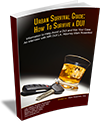

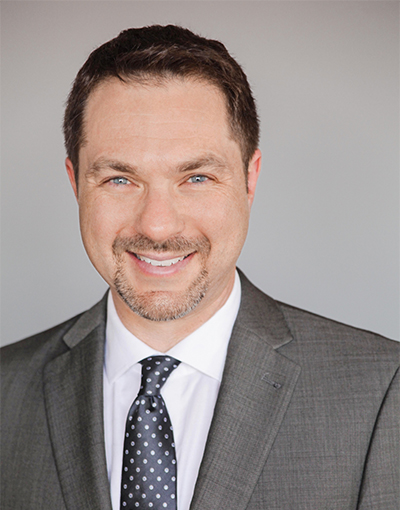
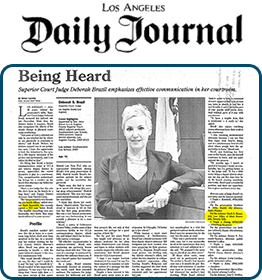
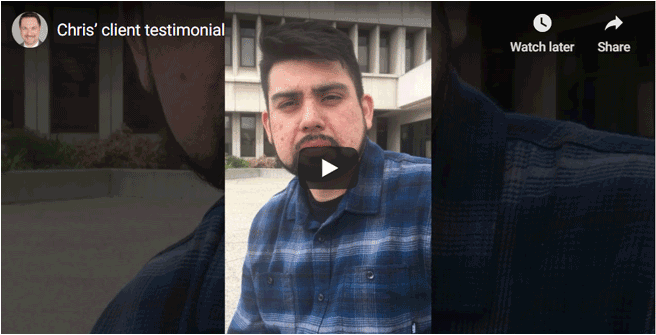
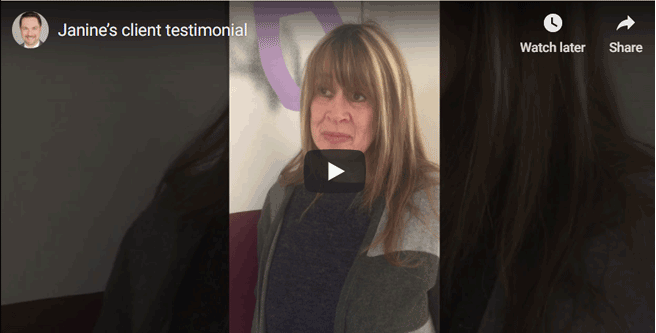
 Personal Attention
Personal Attention Every criminal case is unique and no attorney can guarantee the outcome of a case. The information on this site is legal advertising and for general information only. Using this site, requesting books, information, consultations or communicating with Attorney Rosenfeld through its site does not form an attorney/client relationship.
Every criminal case is unique and no attorney can guarantee the outcome of a case. The information on this site is legal advertising and for general information only. Using this site, requesting books, information, consultations or communicating with Attorney Rosenfeld through its site does not form an attorney/client relationship.
